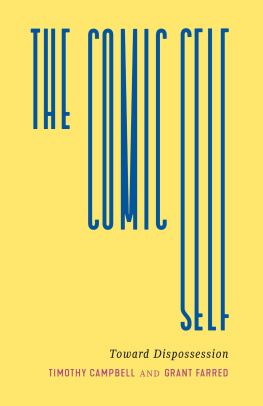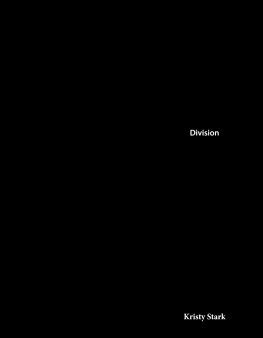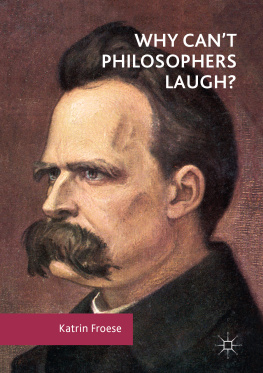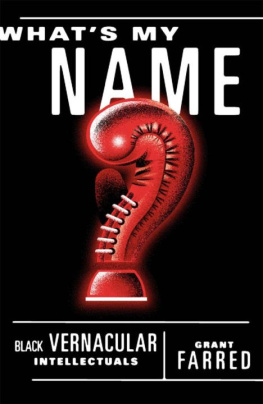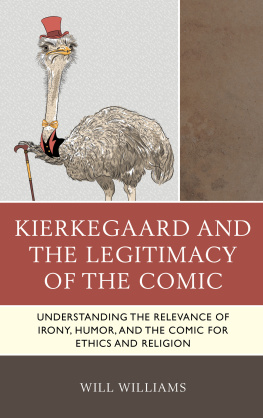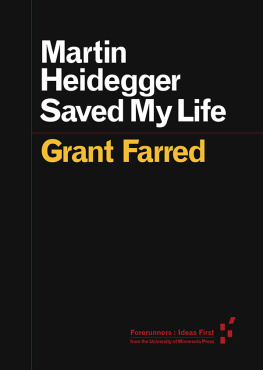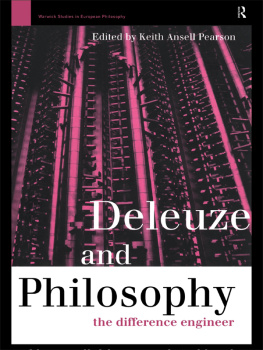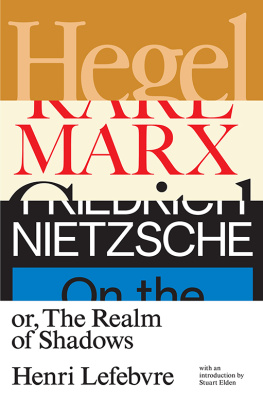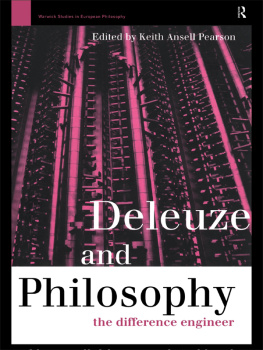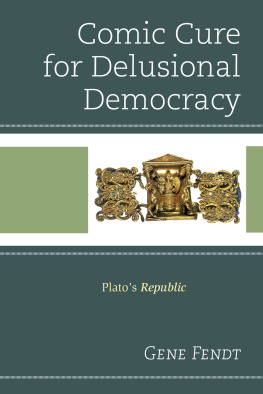
The Comic Self
Thinking Theory
Grant Farred, Series Editor
The Comic Self: Toward Dispossession
Timothy Campbell and Grant Farred
Glissant and the Middle Passage: Philosophy, Beginning, Abyss
John E. Drabinski
An Essay for Ezra: Racial Terror in America
Grant Farred
Curating as Ethics
Jean-Paul Martinon
Fates of the Performative: From the Linguistic Turn to the New Materialism
Jeffrey T. Nealon
The Comic Self
Toward Dispossession
Timothy Campbell and Grant Farred
Thinking Theory

University of Minnesota Press
Minneapolis
London
The University of Minnesota Press gratefully acknowledges financial support for the publication of this series from Cornell University.
Portions of the Introduction were originally published as Leaving Tragedy: The Comic Self and Possession, Studi di estetica 48, no. 4 (March 2020): 3146, https://doi.org/10.7413/18258646135.
Copyright 2023 by the Regents of the University of Minnesota
All rights reserved. No part of this publication may be reproduced, stored in a retrieval system, or transmitted, in any form or by any means, electronic, mechanical, photocopying, recording, or otherwise, without the prior written permission of the publisher.
Published by the University of Minnesota Press
111 Third Avenue South, Suite 290
Minneapolis, MN 554012520
http://www.upress.umn.edu
ISBN 978-1-4529-6880-3 (ebook)
ISBN 978-1-5179-1491-2 (hc)
ISBN 978-1-5179-1492-9 (pb)
A Cataloging-in-Publication record for this book is available from the Library of Congress.
The University of Minnesota is an equal-opportunity educator and employer.
For Alex
writer, comedy aficionado, razor-sharp wit
and for
Michela, Ale, and Nico
Contents
The Art of Self-Dispossession
We owe The Comic Self to Michel Foucault, specifically to that moment when he takes leave of the subject in favor of the self. It occurs when he shifts his attention away from the subject to the forms of subjectivation by which the individual is called uponthe words are Foucaultsto constitute him or herself as a moral subject. What, our thinking continued, if the relationality that Foucault saw at the heart of the creation of moral subjects was equally, and perhaps most especially, the seminal move by which individuals were made into productive subjects of capital? Could we locate the precise move by which capital, biopower, neoliberalism, call it what you will, grabs hold of the individual in that moment when the self is possessed by the individual as properly his or her own? Could we employ Foucaults pragmatics of the self as a radical critique of capitalism to the degree that it weakens the ownership of individual over self?
To be clear, much as we pursued these lines of inquiry, these questions, certainly not by themselves, failed to lead directly to the concept of the comic self. And here we took our leave of Foucault simply because we found that he was not much help even as his insight into the power of self-creation provided us with an incentive to explore the relation of possession and self. The point at which we parted ways with Foucault is that precise moment when he mounts his defense of possessing the self, a defense required by wisdom practices in order for care to occur. A further issue, if we are honest, was Foucaults utter lack of interest in possession as a feature of discipline, biopolitics, or even madness.
The problem, to be blunt, is that Foucault is not incisive enough on the crucial question that animates The Comic Self: how to think and critique the relation of private property to ownership of the self and others. To our way of thinking, the central weakness of the Foucauldian notion of care for the self lies in the missed opportunity to challenge care on the grounds of propertythat is, the proprietariness that founds the notion of self-possession. Indeed, care may be exactly what is not needed, and definitely not at this moment in which we find ourselves. It is not needed because it reinforces the tyranny of ownership.
The question of ownership has become meaningful to us in our individual pursuits: Tims work on forms of generous giving in cinema and Grants on Heidegger and jazz. However, what marks our individual and, here, collective, pursuits is the desire to understand private property as constituting the very root of all our social ills. Coauthoring The Comic Self has had the effect of making clear how the veins of this social ill run deeper and extend further than we were able to see before our collaboration. Some of the change in our collective perspective on possession is surely related to the reconfigurationthe word is not oursof the humanities that seems everywhere afoot, and only with deleterious effects for the work of thinking. Our concern with the proprietary self also has to do with the way identityvariously laid claim to as I, me, mine, selfhas come to be treated as a form of property. A form of property, moreover, that must be owned in order to be defendedas in, This is mine.
It follows, then, that if the root of the problem is private property, then the first relation of ownership will be found in the way subjects relate to their individual self through ownershipas in, most obviously when we say, This belongs to me. It is out of this, dare one say, fecund soil of pervasive proprietariness that our interest in the self emerges. This, however, does not account for our interest in, and what could perhaps be described as our compulsion with, the comic.
Allow us to explain.
On the one hand, that we would take up the comic is not at all surprising. Interest in the comicnota bene the comic and not comedyhas been steady over the last decade, with works appearing regularly on its generic features across different periods. Some of the most interesting work has appeared in relation to ancient wisdom practices, while the steady flow of scholarship on commedia dellarte continues, as do treatments of the comic in cinema, and of course stand-up comedy, to say nothing of the many eclectic frames that are available to us as well: the psychoanalytic one that iek features in his work, including his recent, eclectic take on the pandemic; Alenka Zupani, in her counterintuitively named The Odd One In, offers another; the comic, philosophically rendered, features prominently in the writings of Simon Critchley; and then there is the terrific 2017 Critical Inquiry volume.
On the other handand this is the point that bears repeatingnone of these writers or volumes link the comic to the self through property and ownership. We get glimpses of it from time to time, but our sense is that tragedy is the go-to drug when speaking of ownership. The hegemony of tragedy could function as a kind of shorthand for our critique.
When we speak of tragedy (our tragic loss of the commons, the tragic effects of neoliberalism, for which Foucault may or may not bear some responsibility), we often ignore its dialectical responsethat is, we neglect comic dispossession. The Comic Self is an attempt to position ourselves on the lost side of the dialectic, as it were.
We do so recognizing that locating a genealogy of the comic self is treacherous. As soon as one begins to tracethe word gives away who and what lies at the origins of the comic selfsuch a genealogy, one risks fixing the comic self as a conceptual persona (and in this regard Deleuze and Guattaris
Next page
